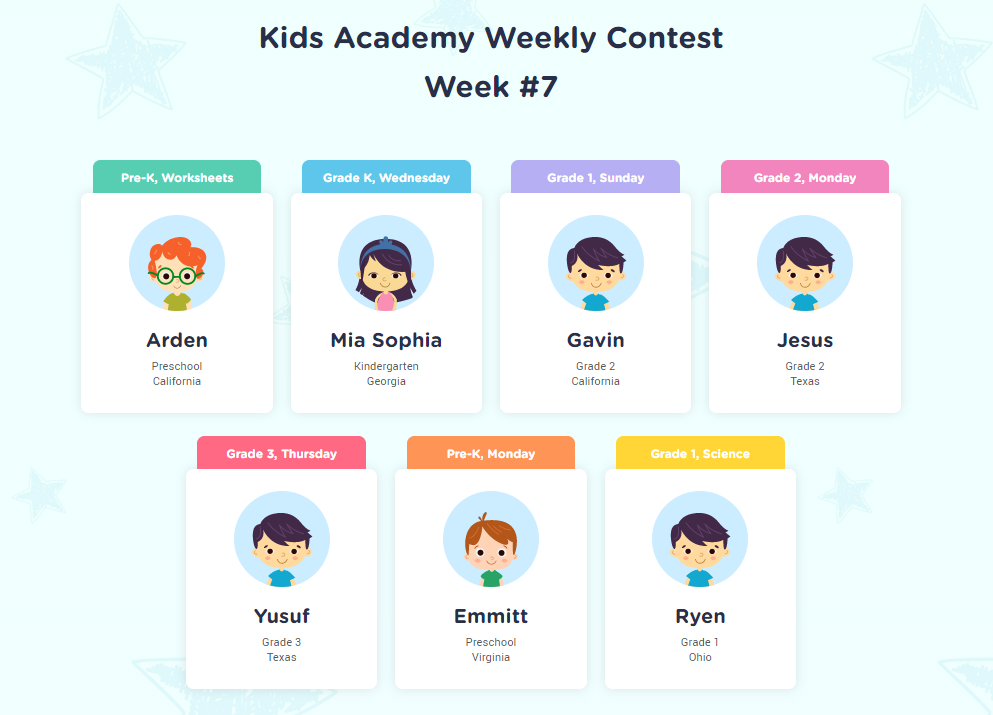Logical Reasoning Science Worksheets for Ages 4-7
10 filtered results
-
From - To
Enhance your child's critical thinking with our engaging Logical Reasoning Science Worksheets designed for ages 4-7. These worksheets foster essential skills like problem-solving and analytical thinking through fun and interactive activities. Your little explorer will tackle puzzles, recognize patterns, and connect ideas while learning fundamental science concepts. With colorful illustrations and age-appropriate challenges, each worksheet keeps children entertained while they develop logical reasoning abilities. Easily printable and perfect for home or classroom use, our resources encourage independent learning and inspire a love for science. Help your child build a strong foundation in reasoning skills that will benefit them in school and beyond!


Sorting Animals in 3 Groups Worksheet
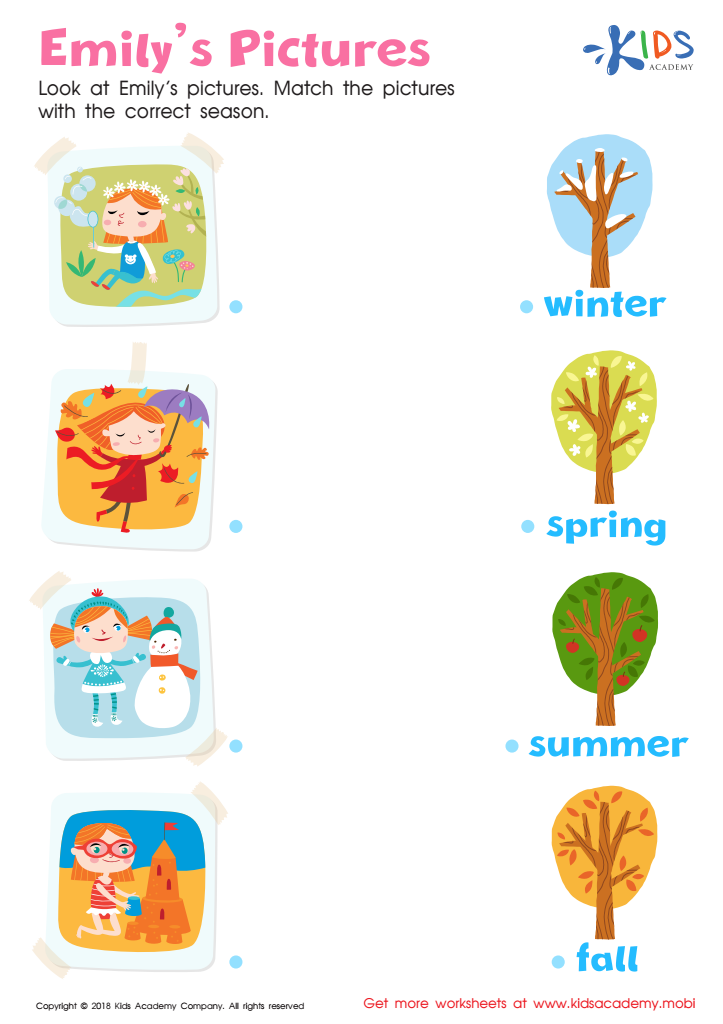

Emily's Pictures Worksheet
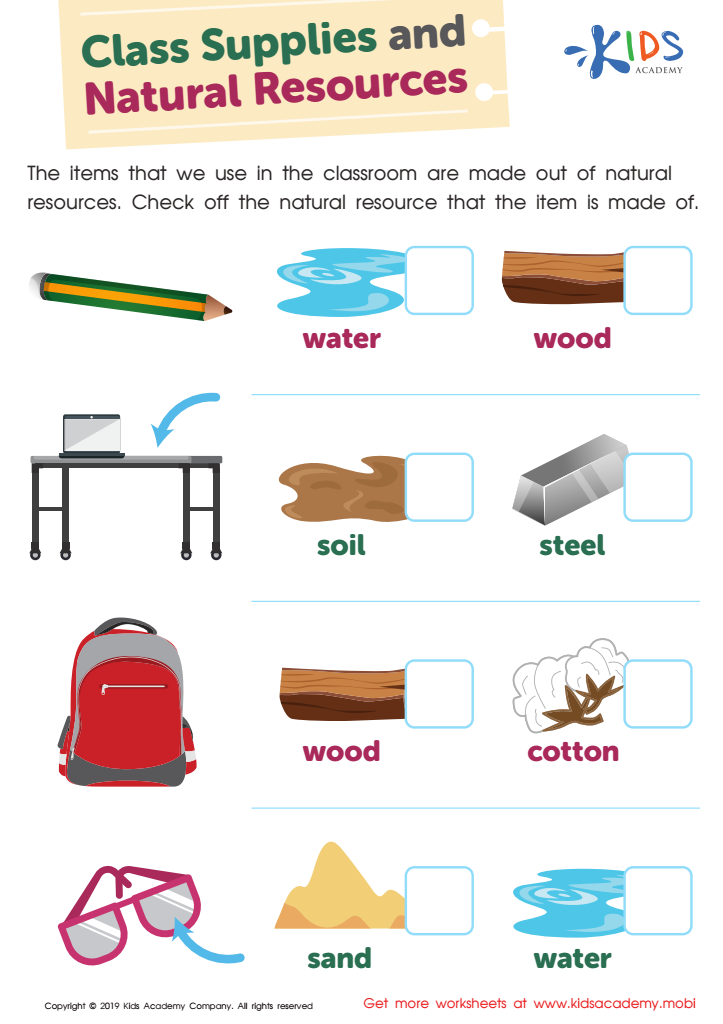

Class Supplies and Natural Resources Worksheet
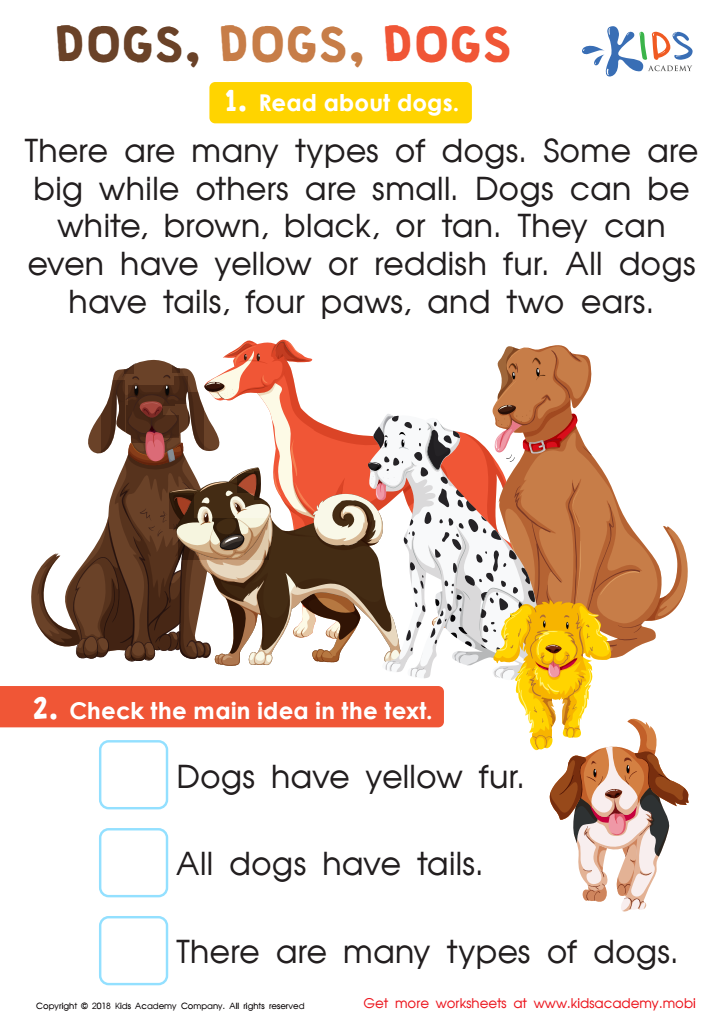

Dogs, Dogs Worksheet
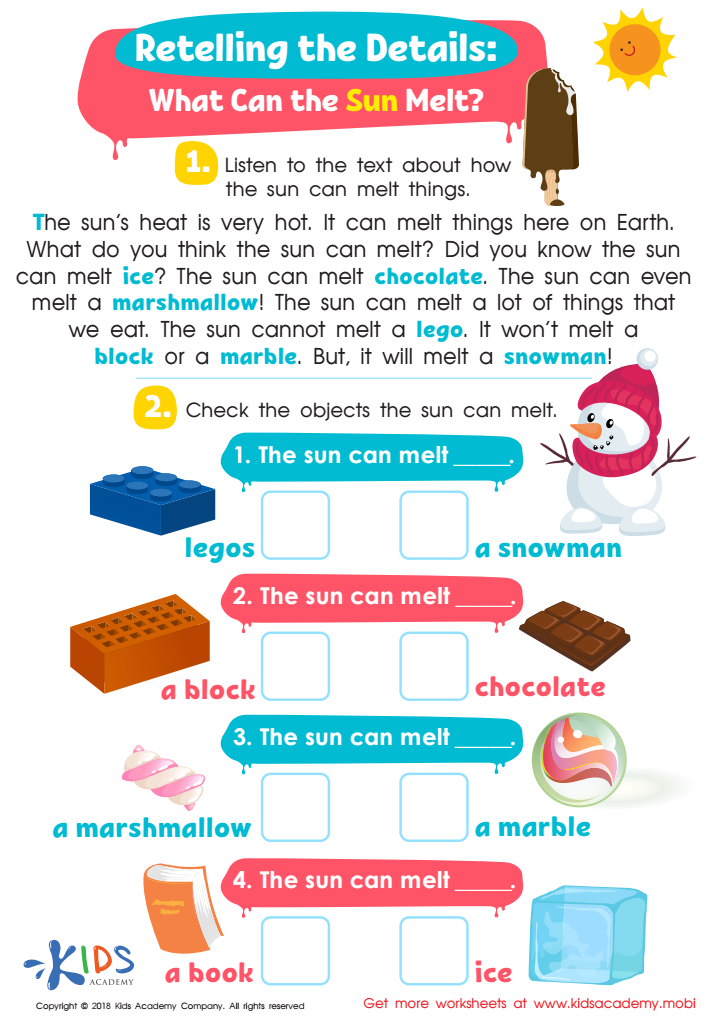

Retelling the Details: What Can the Sun Melt? Worksheet
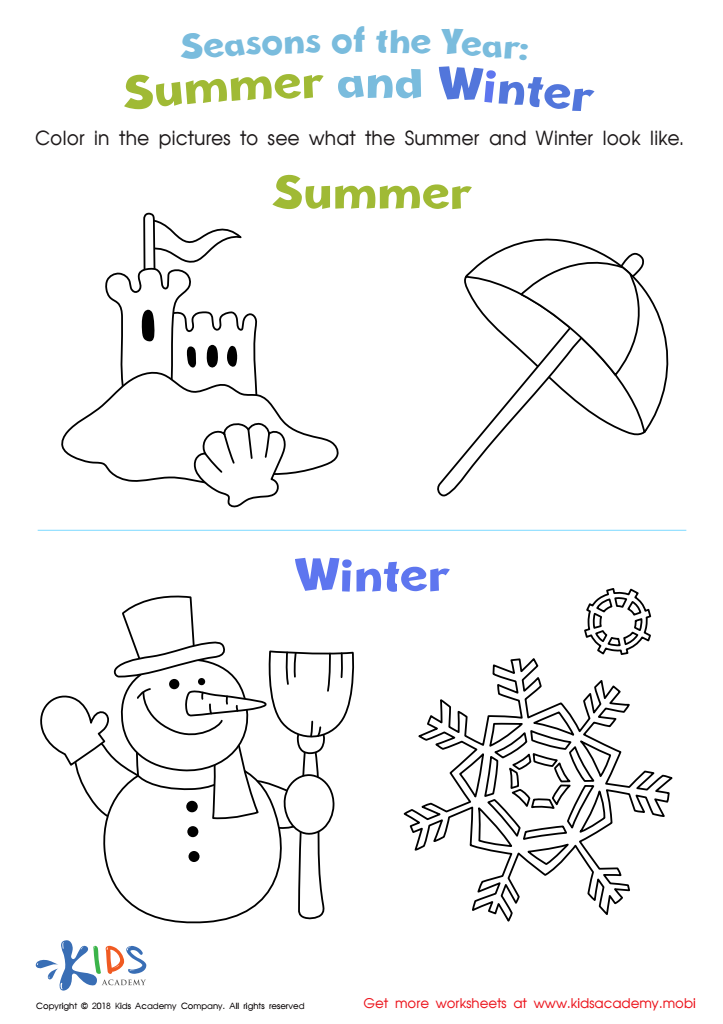

Summer and Winter Worksheet
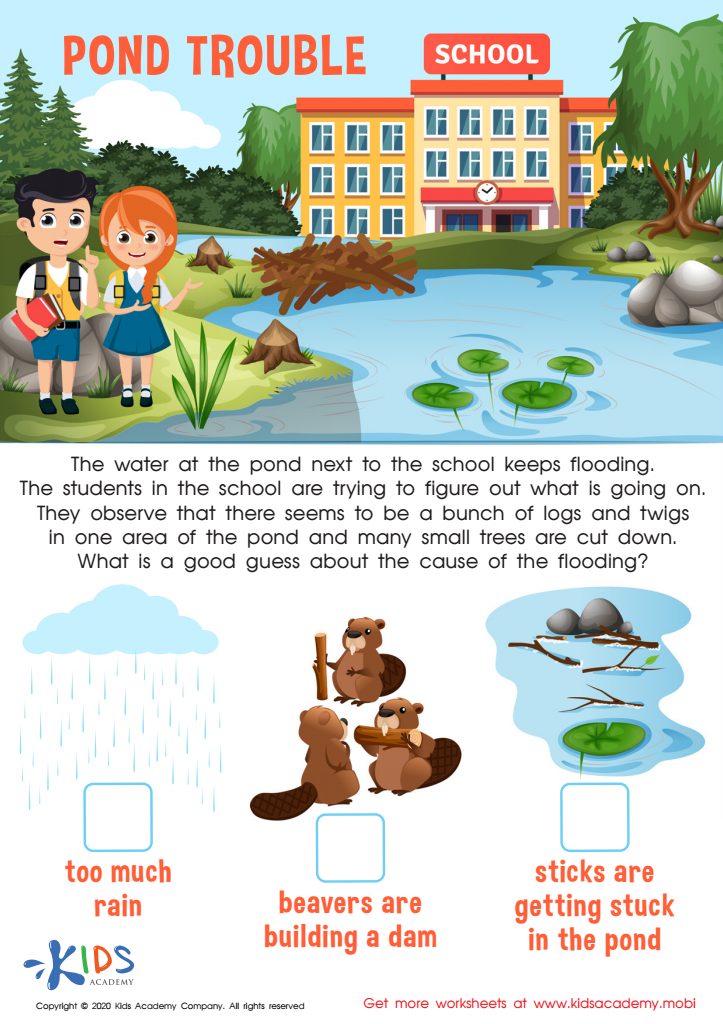

Pond Trouble Worksheet
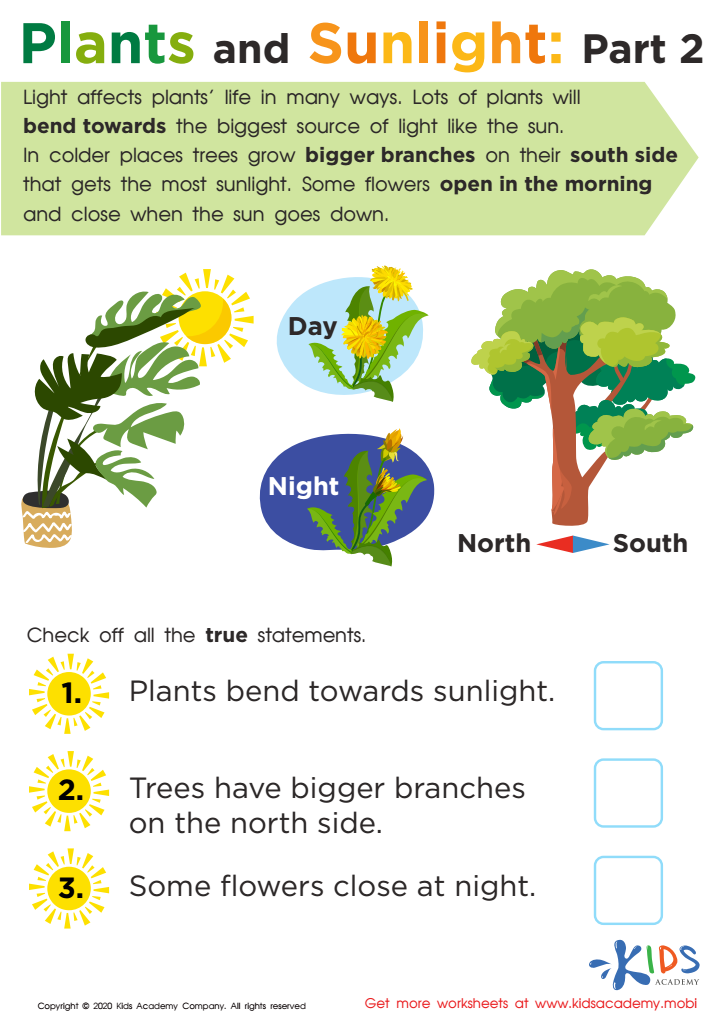

Plants and Sunlight: Part 2 Worksheet
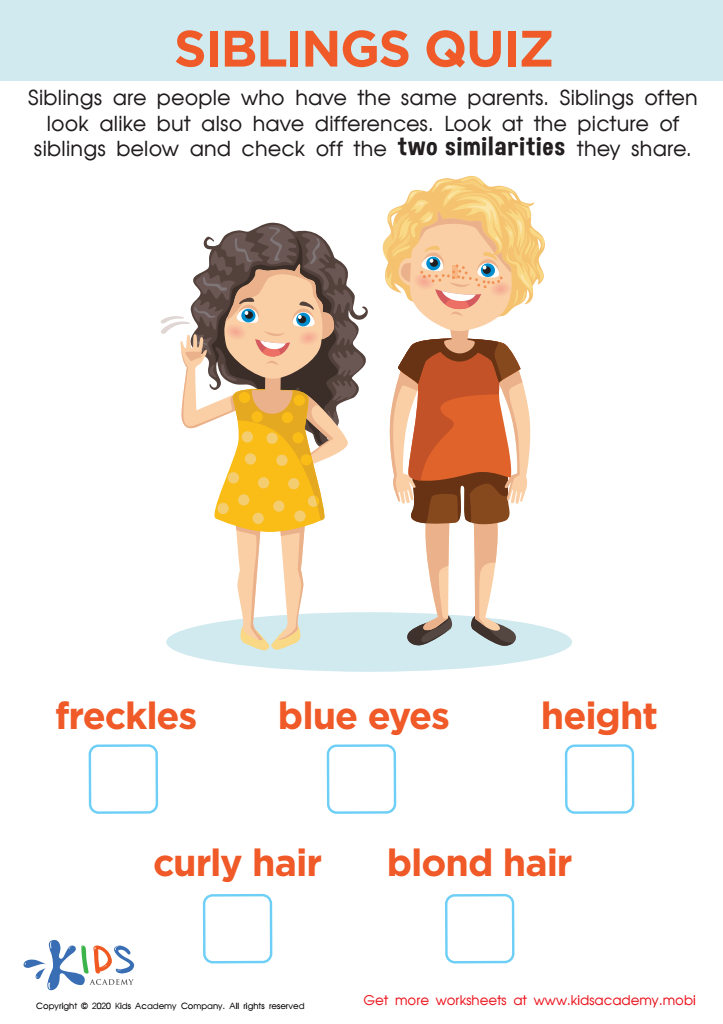

Siblings Quiz Worksheet
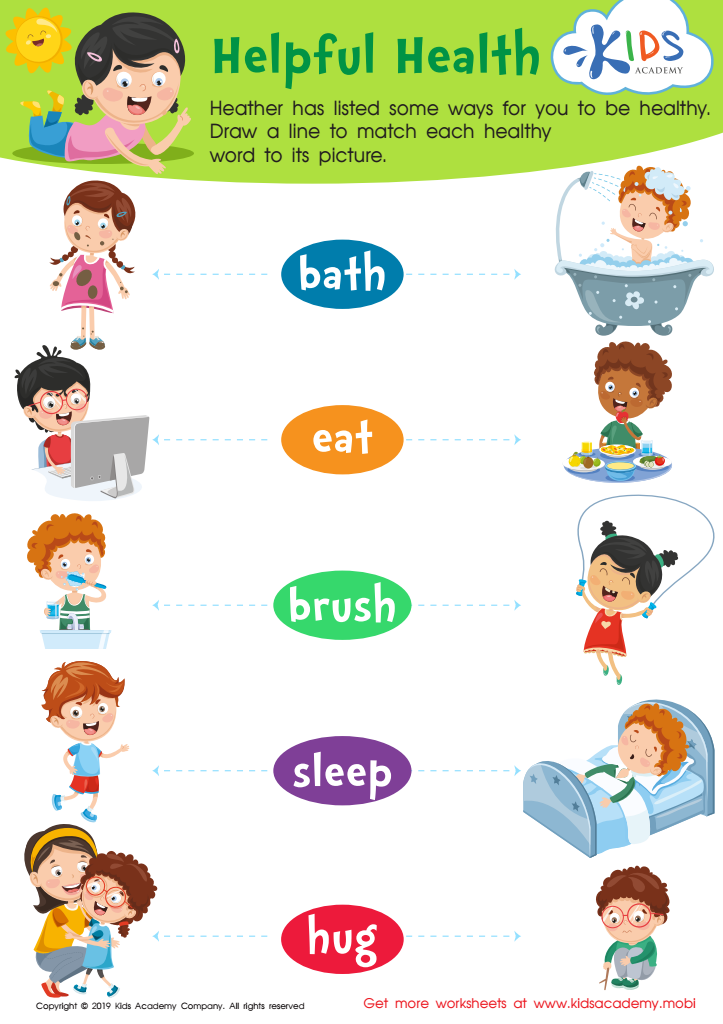

Helpful Health Worksheet
Logical reasoning is a foundational skill that supports a child’s cognitive development and their ability to engage with the world. For children aged 4-7, incorporating logical reasoning into educational activities can help develop critical thinking, problem-solving skills, and the capacity for systematic thinking. This stage of early childhood is crucial; children naturally pose questions and seek to understand their surroundings. By nurturing logical reasoning, parents and teachers can guide children through this curious phase, turning their inquiries into structured learning opportunities.
Engaging in logical reasoning exercises enhances a child's ability to make connections, recognize patterns, and draw conclusions—skills they will employ throughout their education and daily life. Activities that promote these skills, such as puzzles, pattern identification, and simple scientific experiments, not only make learning enjoyable but also foster confidence in children’s abilities to interpret and analyze information.
Moreover, developing logical reasoning early can improve proficiency in subjects like mathematics and science, laying a strong academic foundation for the future. As these skills are interrelated with language development and social interaction, they can significantly contribute to building healthier, well-rounded individuals. In essence, investing in logical reasoning for young children prepares them for lifelong learning and critical engagement with their environment.
 Assign to My Students
Assign to My Students






.jpg)



